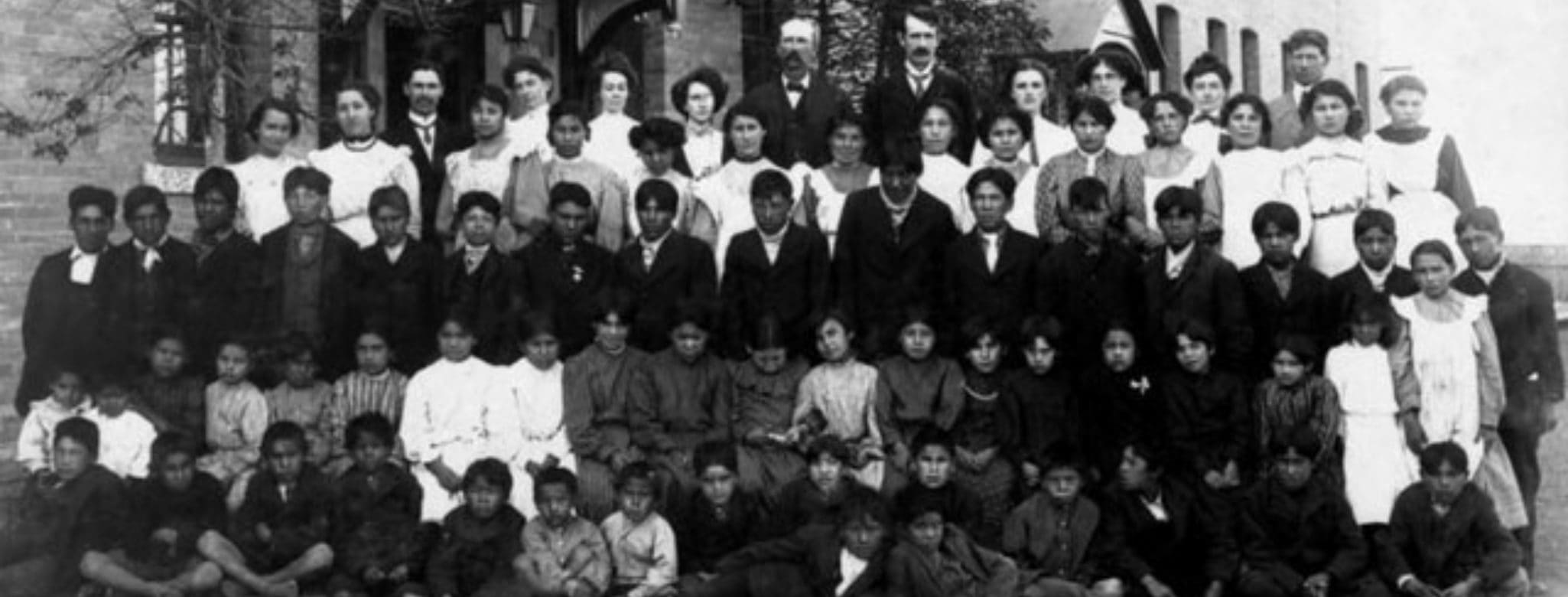 September 30th is the National Day for Truth and Reconciliation. On this day, we honour residential school survivors and their families as well as affected communities in Canada. How can we commemorate this day? We can take personal steps towards reconciliation. We can do our part to learn about the history of Indigenous peoples in Canada. We can take time to learn about the history of residential schools and the experiences of survivors, which included mental, sexual and physical abuse.
September 30th is the National Day for Truth and Reconciliation. On this day, we honour residential school survivors and their families as well as affected communities in Canada. How can we commemorate this day? We can take personal steps towards reconciliation. We can do our part to learn about the history of Indigenous peoples in Canada. We can take time to learn about the history of residential schools and the experiences of survivors, which included mental, sexual and physical abuse.
Here are 7 actions that we can each take towards reconciliation:
- Read the 94 Calls to Action. The Truth and Reconciliation Commission of Canada released this document in an effort to foster reconciliation among residential school survivors, their families, their communities and all Canadians.
- Support Indigenous art, artists and musicians. You can listen to Indigenous podcasts, artists and music.
- Watch documentaries about Indigenous peoples' experiences. You can view some here on the National Film Board of Canada.
- Watch feature films featuring Indigenous storylines and characters on Hoopla.
- Learn about Indigenous cultures through tourism or attending an Indigenous event. You can see a list of authentic Indigenous tourism experiences in Canada here.
- You can wear an orange shirt on September 30th for Orange Shirt Day, which is to honour the Indigenous children who were sent away to residential schools in Canada. Orange Shirt Day began in 2013. Why do we wear an orange shirt? In 1973, Phyllis Webstad wore a new orange shirt to her first day of attending a residential school; however, it was taken away from her, and she was forced to wear a uniform. Phyllis' story became a movement to recognize residential school survivors. It takes place in September because this was the time of year that children were taken to residential schools.
- Read books to learn about the residential school system experience. Please see our list of books below for some suggestions.
A reading list to help learn about the truth of the history of how Indigenous people in Canada faced multiple injustices from Canadian institutions, and the role of non-Indigenous people in reconciliation.


Add a comment to: Things you can do to further reconciliation efforts